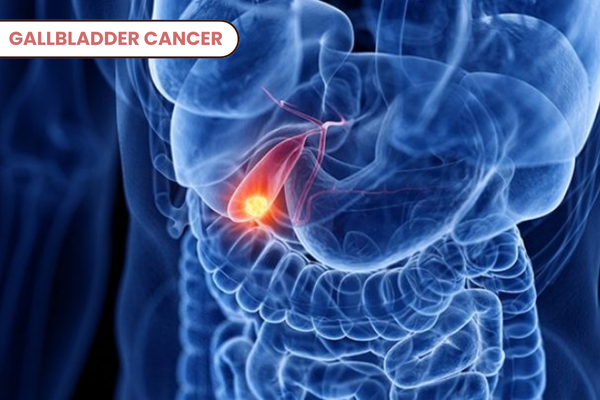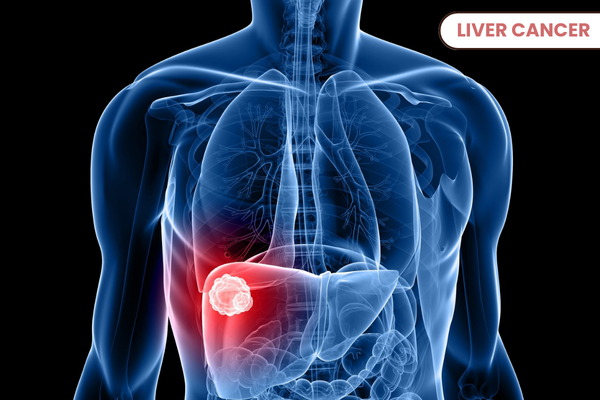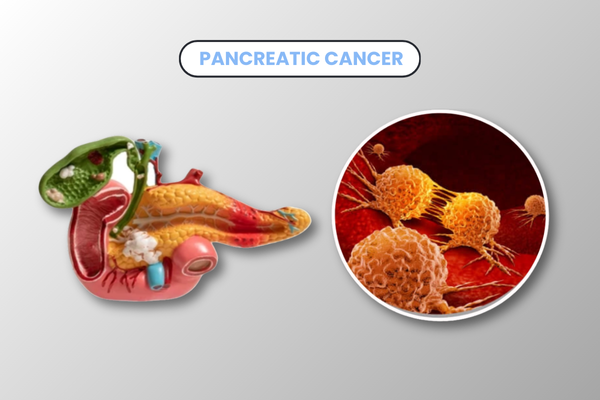Breast Cancer
Breast cancer is a type of cancer that starts in the cells of the breast. It is one of the most common cancers in women, but it can also affect men, although that is rare. Like all cancers, breast cancer happens when cells grow uncontrollably and form a lump or tumor.
What causes breast cancer?
The exact cause of breast cancer is not always known. However, several factors may increase your risk, such as:
- Family history of breast cancer
- Age (the risk increases as you get older)
- Hormonal changes
- Unhealthy lifestyle (like smoking, lack of physical activity, and a high-fat diet)
- Exposure to radiation
- Having your first child after age 30 or never being pregnant
Having risk factors doesn't mean you will definitely get breast cancer. Many people with risk factors never develop the disease, while others with no known risks might.
Common signs and symptoms
Early breast cancer may not show any symptoms. That’s why regular screening is important. As the cancer grows, you may notice:
- A lump in the breast or underarm
- Changes in the size or shape of the breast
- Dimpling or puckering of the skin
- Nipple discharge (that is not breast milk)
- Pain in the breast or nipple
- A nipple that turns inward (retracted nipple)
- Red or flaky skin around the nipple or breast
If you notice any of these signs, it’s important to see a doctor for a check-up.
How is breast cancer diagnosed?
Doctors use a combination of tests to diagnose breast cancer:
- Mammogram – an X-ray of the breast that can detect lumps or changes
- Ultrasound – helps get a clearer picture of a lump
- Biopsy – a small sample of tissue is taken and tested for cancer cells
- MRI – in some cases, an MRI scan may be used for further details
Early diagnosis greatly improves the chances of successful treatment.
Treatment options
The treatment of breast cancer depends on the type and stage of the cancer, as well as the person’s overall health. Common treatments include:
- Surgery – to remove the tumor or the whole breast (mastectomy)
- Chemotherapy – using medicines to kill cancer cells
- Radiation therapy – using high-energy rays to destroy cancer cells
- Hormone therapy – for hormone-sensitive cancers
- Targeted therapy – drugs that target specific cancer cells
Doctors may use a combination of these treatments depending on the case.
Can breast cancer be prevented?
There’s no sure way to prevent breast cancer, but you can lower your risk by:
- Eating a healthy diet
- Exercising regularly
- Limiting alcohol and avoiding smoking
- Doing self-breast exams regularly
- Getting regular screenings as advised by your doctor
Final thoughts
Breast cancer can be a scary diagnosis, but many people recover fully, especially when it’s found early. Awareness, regular check-ups, and a healthy lifestyle can go a long way in preventing and managing breast cancer. If you have any concerns or notice changes in your breasts, don’t wait—talk to a healthcare professional.
Leave a Reply
Your email address will not be published. Required fields are marked *

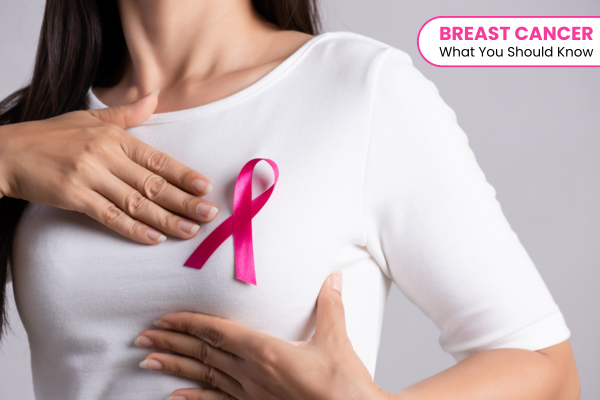
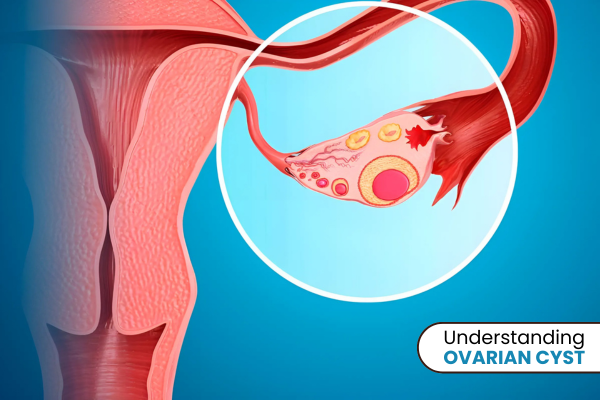
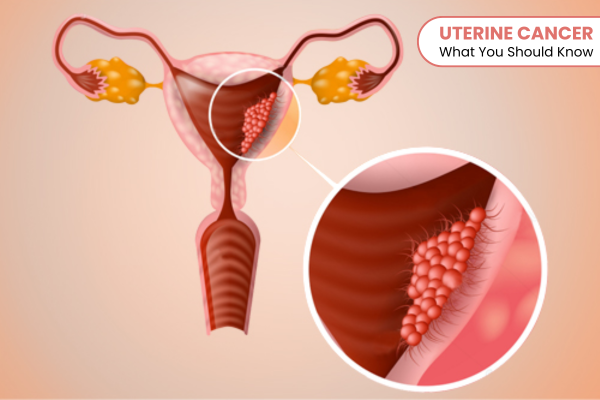


.png)



